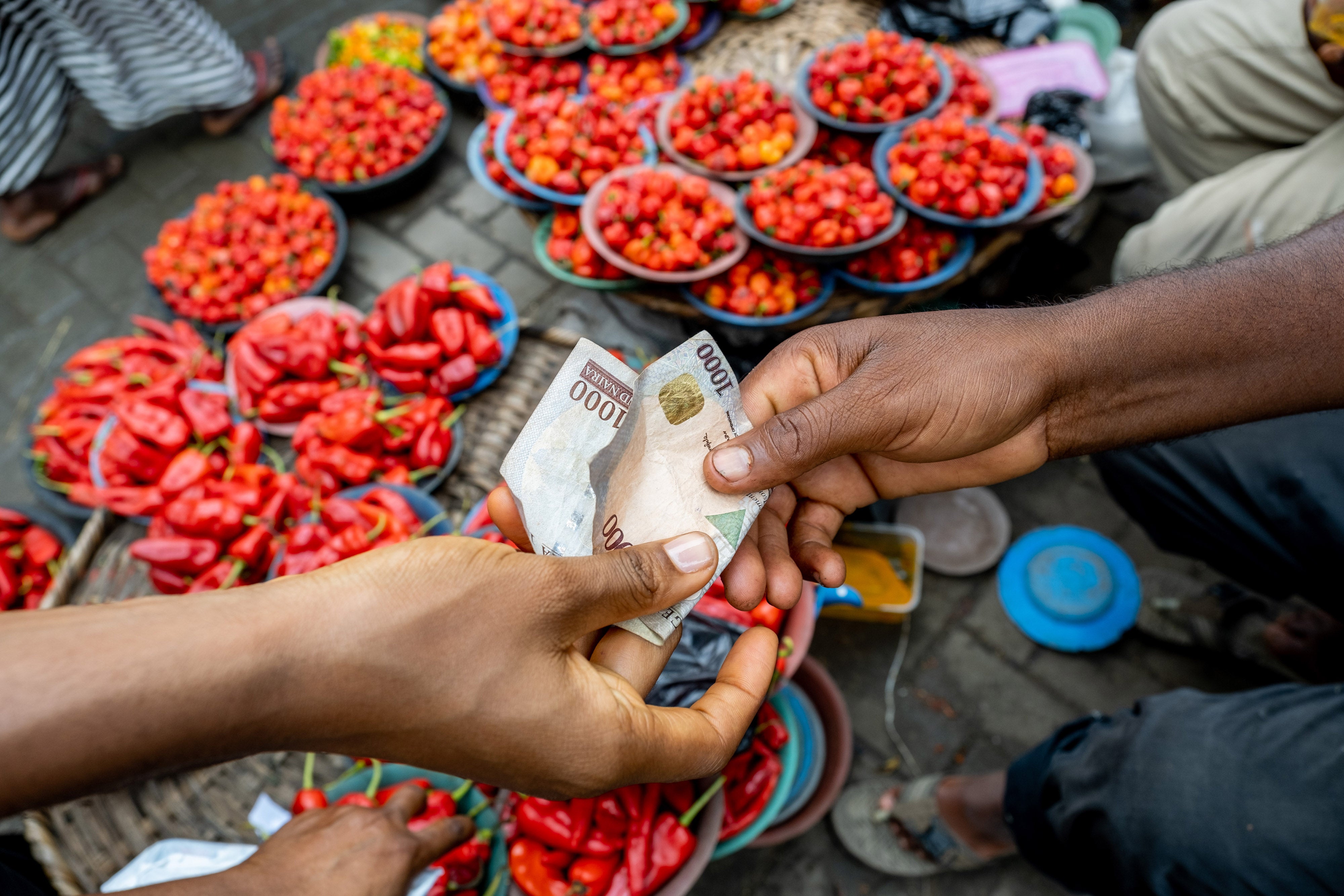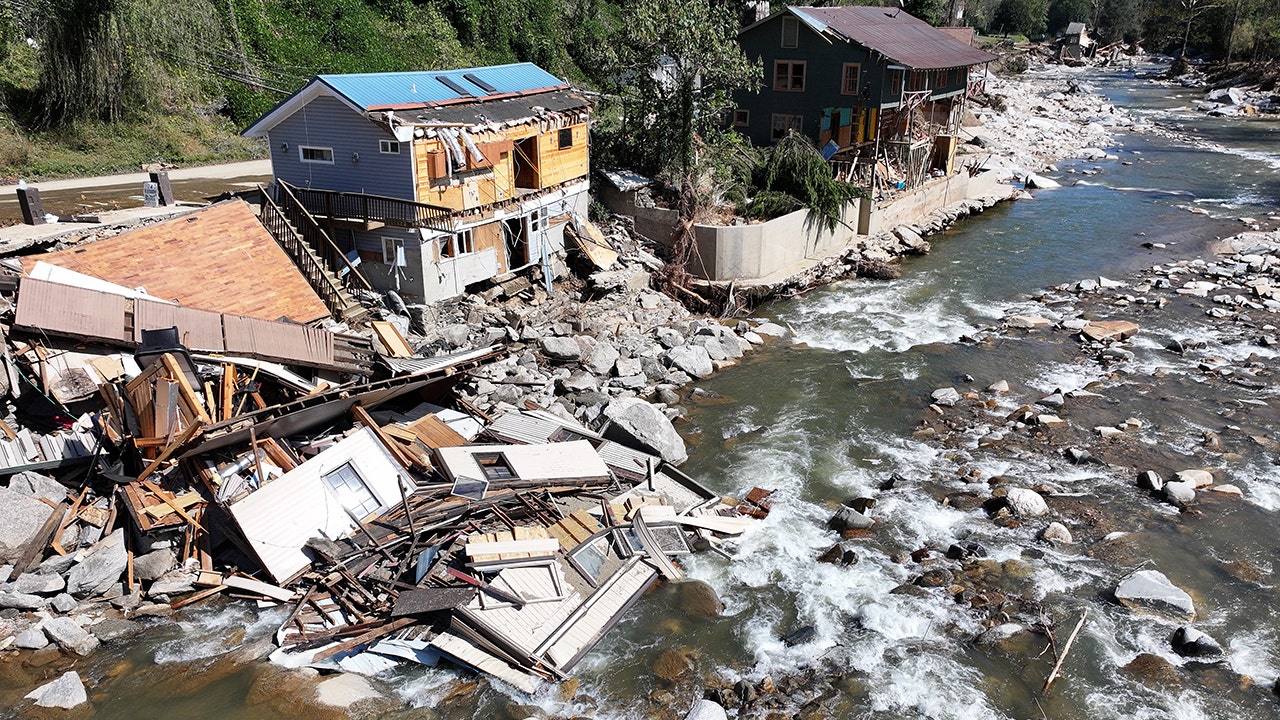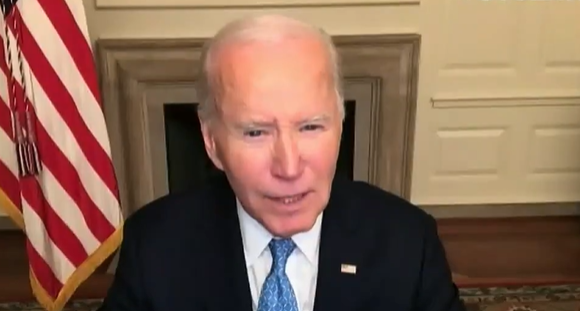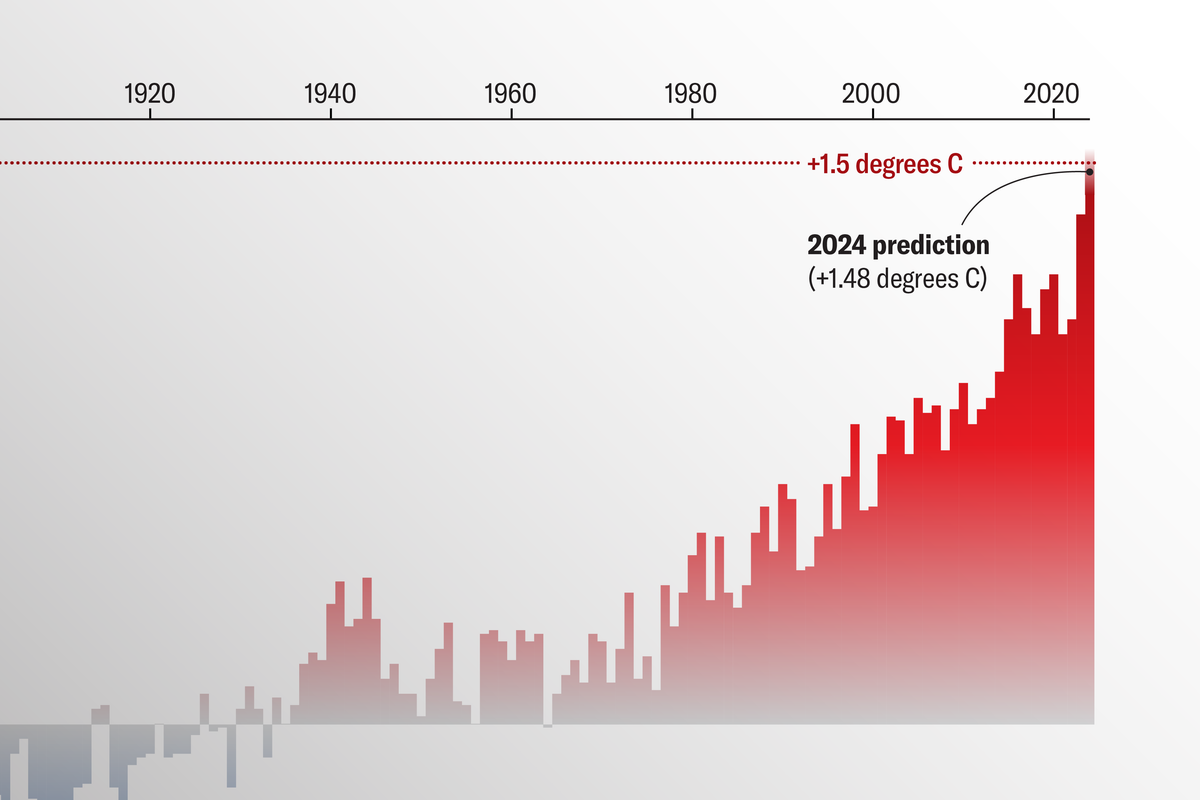
CLIMATEWIRE | Climate change is accelerating inflation in dozens of countries around the world, new research says. And the trend is expected to continue as the world heats up.
So says a report published last week by the European Central Bank. The researchers set out to examine the impacts of global warming on inflation in 121 countries, and they found that higher than average temperatures are driving up the cost of food and other goods and services.
The uptick in prices then ripples across the global economy.
While it’s a worldwide phenomenon, the largest impacts likely will be felt in the Global South, specifically Africa and South America, the researchers said.
“These results suggest that climate change poses risks to price stability by having an upward impact on inflation, altering its seasonality and amplifying the impacts caused by extremes,” says the report, which was a joint effort by researchers at the European Central Bank and the Potsdam Institute for Climate Impact Research.
The findings come amid efforts by central banks and financial regulators to better understand the financial threats of climate change. That has entailed securities regulators looking to require public companies to disclose their climate risks and strategies and central banks conducting stress tests or scenario analysis exercises to gauge lenders’ climate vulnerabilities.
Even so, the report authors noted that research on the implications of extreme weather for inflation itself is still nascent. So they took a stab at it.
They did so by using a dataset of monthly consumer prices indices across all 121 countries to identify how rising temperatures affected prices in different seasons and regions over the last three decades. That data allowed them to estimate the historic impacts of the higher temperatures on inflation over 30 years.
One of those estimates examined Europe specifically. The researchers focused on extreme heat and drought that plagued the region last summer, which hindered agriculture and economic activity.
After accounting for other factors such as Covid-19 and Russia’s war on Ukraine, the authors estimated that extreme heat alone boosted inflation in the region by 0.67 percent — and by even more in southern Europe.
They then combined those historic estimates with future climate scenarios to predict how climate change could affect inflation moving forward.
The result: Rising temperatures could increase global inflation by as much as 1 percent every year until 2035, the researchers wrote. When they examined food inflation specifically, they found that future warming could drive up prices by as much as 3 percent.
“Future climate change will amplify the magnitude of such heat extremes, thereby also amplifying their potential impacts on inflation,” the report says, both of which have major implications for price stability and “wider social welfare.”
Reprinted from E&E News with permission from POLITICO, LLC. Copyright 2023. E&E News provides essential news for energy and environment professionals.














































)









